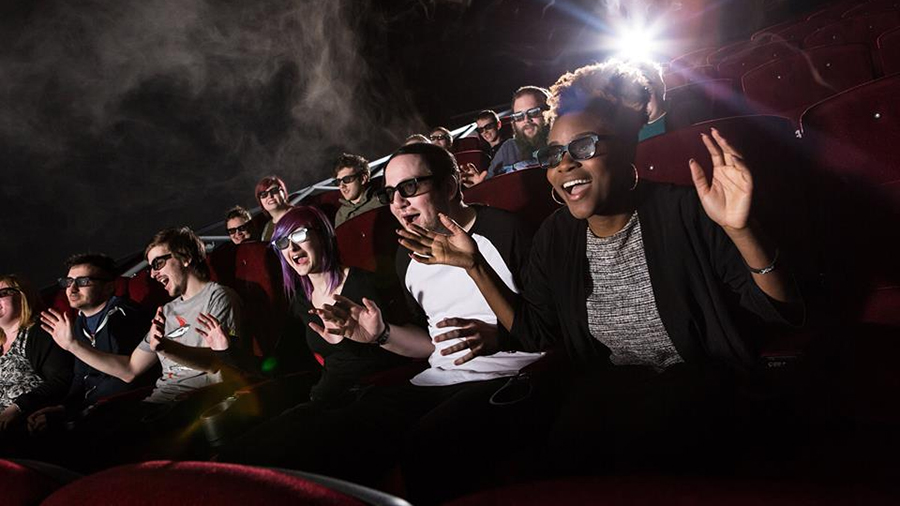

You might not have given the screen resolution much thought as you settled down to Rogue One over Christmas, but films projected in cinemas are set at certain quality levels just like the movies playing from your smartphone or the Apple TV set up at home.
So what resolution are you looking at when you take a trip to the local multiplex (or independent)? And how much better is it going to get over the next few years? We're here to answer all your questions about movie resolutions both now and into the future.
Digital cinemas and screen resolutions
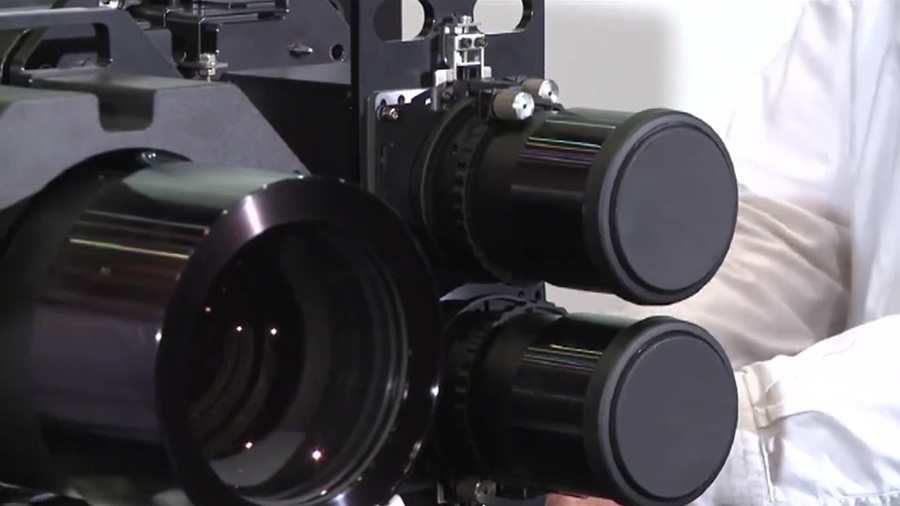
Most cinemas made the jump from film reels to digital projectors at the start of the 2010s, as the technology became cheap enough and good enough to keep movie-going audiences entertained.
A lot of the benefits are obvious - being able to download new releases over the internet, for example, rather than shipping reels through the post.
While a lot of film directors still like to have their films shot on film and projected on reels - including Christopher Nolan and Quentin Tarantino - it seems as though the die has been cast. You can still find cinemas using film, but it's getting harder.
The resolution of a movie shown in a digital cinema is measured by the horizontal pixel count, so 2,048 x 1,080 pixels for 2K or 4,096 x 2,160 pixels for 4K. Note that there's a slight difference between this and the consumer 4K standard used on televisions and streaming services, which usually refers to frames of 3,840 x 2,160 pixels. Confusing, right?
The quality of the movie your watching will depend on other factors, like the screen size and available lighting, but those resolutions are at the core.
Sign up to the T3 newsletter for smarter living straight to your inbox
Get all the latest news, reviews, deals and buying guides on gorgeous tech, home and active products from the T3 experts
For comparison purposes, 70mm film - still considered by many to be the gold standard - is roughly equivalent to a 12K resolution in digital terms, so digital's still got some catching up to do on that score.
What resolution are movies at my local cinema playing at?
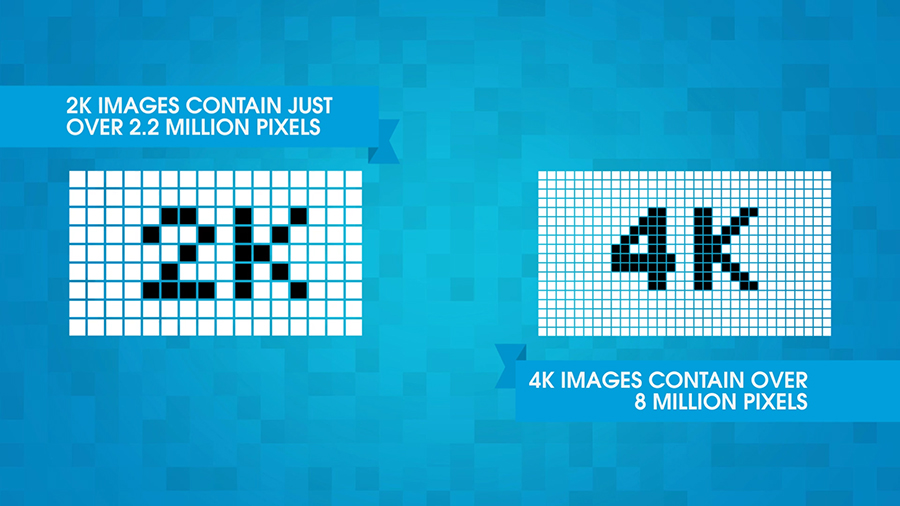
It's difficult to say without ringing them up and asking, but most major cinemas in the UK and a lot in the US will now use 4K digital projectors, and will have been doing so for several years.
The standards of digital cinema are controlled by a body called Digital Cinema Initiatives, which a lot of the major studios have a stake in. The idea is to put across a certain set of standards for projecting and displaying a digital movie that cinemas can then follow, guaranteeing a particular level of quality for the filmmakers and audiences.
For example, the best screens in most Odeon cinemas use 4K projectors producing almost 9 million pixels, but the difference between a projector and the smart TV you might have at home is that the screen size isn't fixed - it's up to cinemas how big the picture appears.
IMAX demonstrates this difference rather well: it can be used with 70mm film as well, but when recorded digitally, the screen resolution is only 2K or 4K. It's the huge screen, powerful magnification and other tweaks that make the IMAX experience so immersive.
And - as with your smart TV at home - it's only when the screen gets to a certain size that you can notice any difference between 2K, 4K, IMAX and film reel projections anyway. On smaller screens, the quality your eyes can detect will be more or less the same.
When is 8K going to arrive?

8K cinemas are still some way off - we've already mentioned that better resolutions only make a difference on huge screens, and cinemas and filmmakers are still getting used to the 4K format. There's no huge rush to take the next step.
We've only just seen the first movie shot on 8K - Guardians of the Galaxy Vol. 2.
That said, it's inevitably going to happen one day, just as HD eventually made way for 4K: it's just a better, more detailed picture. There are a handful of 8K projectors and video cameras around, an even an experimental movie theatre or two, but it's still going to be several years before we see 8K hit the mainstream (the mainstream being the cinema you go to on a Saturday).
The maths isn't difficult, because you just double the length and width again. 8K means 8,192 x 4,320 pixels, so four times as many as 4K, and 16 times as many as 4K. Quite an upgrade, in other words.
Remember that when you bump the technology up another notch, all the other parts of the filmmaking process have to come along with it, from the software you're using to make your visual effects, to the computers you need to finish the editing on.
Even on gigantic, IMAX-style screens, the difference between 4K and 8K may not be noticeable, and we're starting to push the limits of the number of pixels our eyes can take. It may be that future innovations in display technology in cinemas take the IMAX route, focusing on extras like brightness and contrast rather than the numbers of pixels.
- Watching movies at home? Check out our Netflix tips and tricks
Dave has over 20 years' experience in the tech journalism industry, covering hardware and software across mobile, computing, smart home, home entertainment, wearables, gaming and the web – you can find his writing online, in print, and even in the occasional scientific paper, across major tech titles like T3, TechRadar, Gizmodo and Wired. Outside of work, he enjoys long walks in the countryside, skiing down mountains, watching football matches (as long as his team is winning) and keeping up with the latest movies.
-
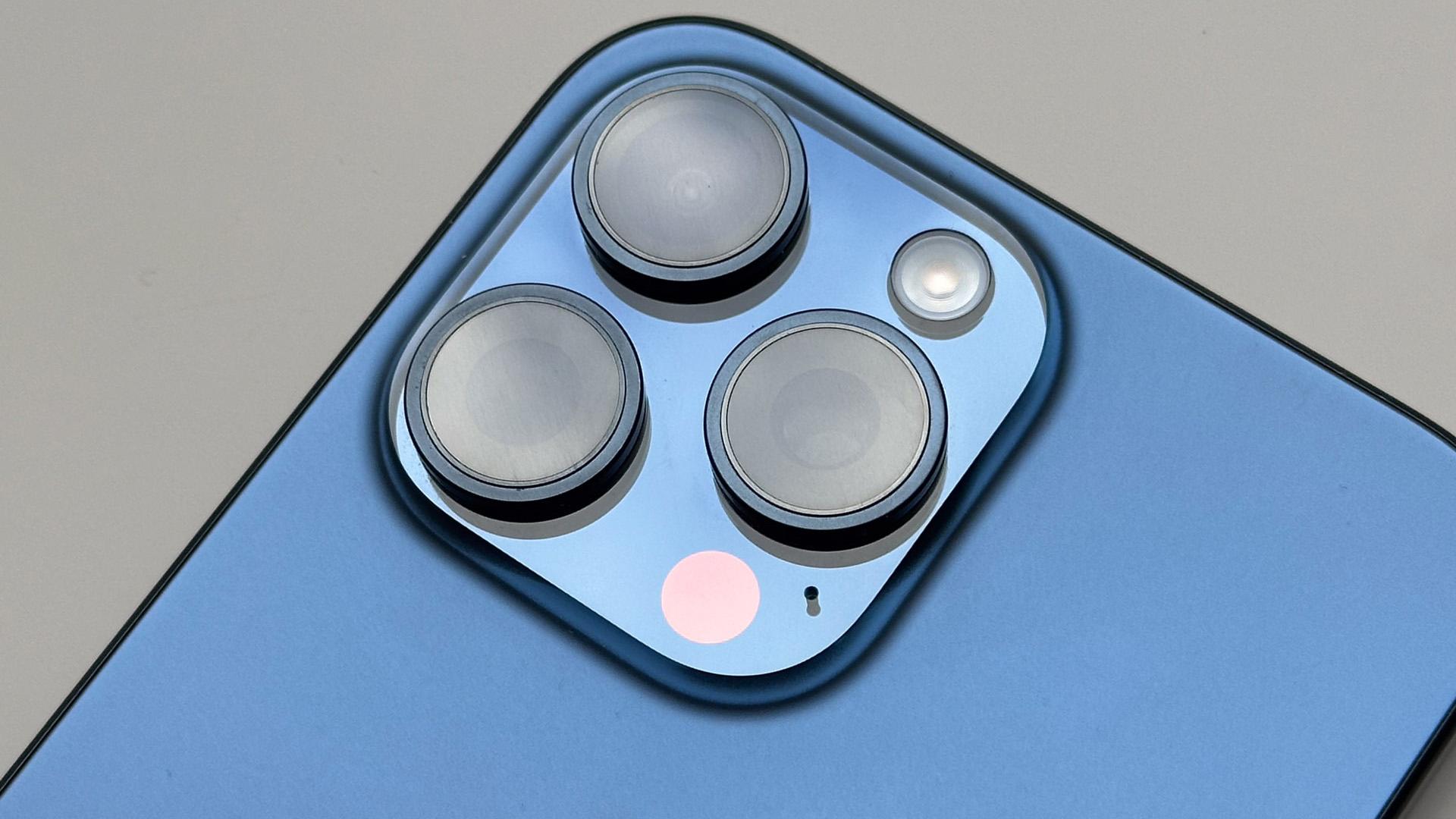 One of next summer's most exciting sci-fi blockbusters has been shot on an iPhone
One of next summer's most exciting sci-fi blockbusters has been shot on an iPhoneDanny Boyle is sticking to the basics
By Max Freeman-Mills
-
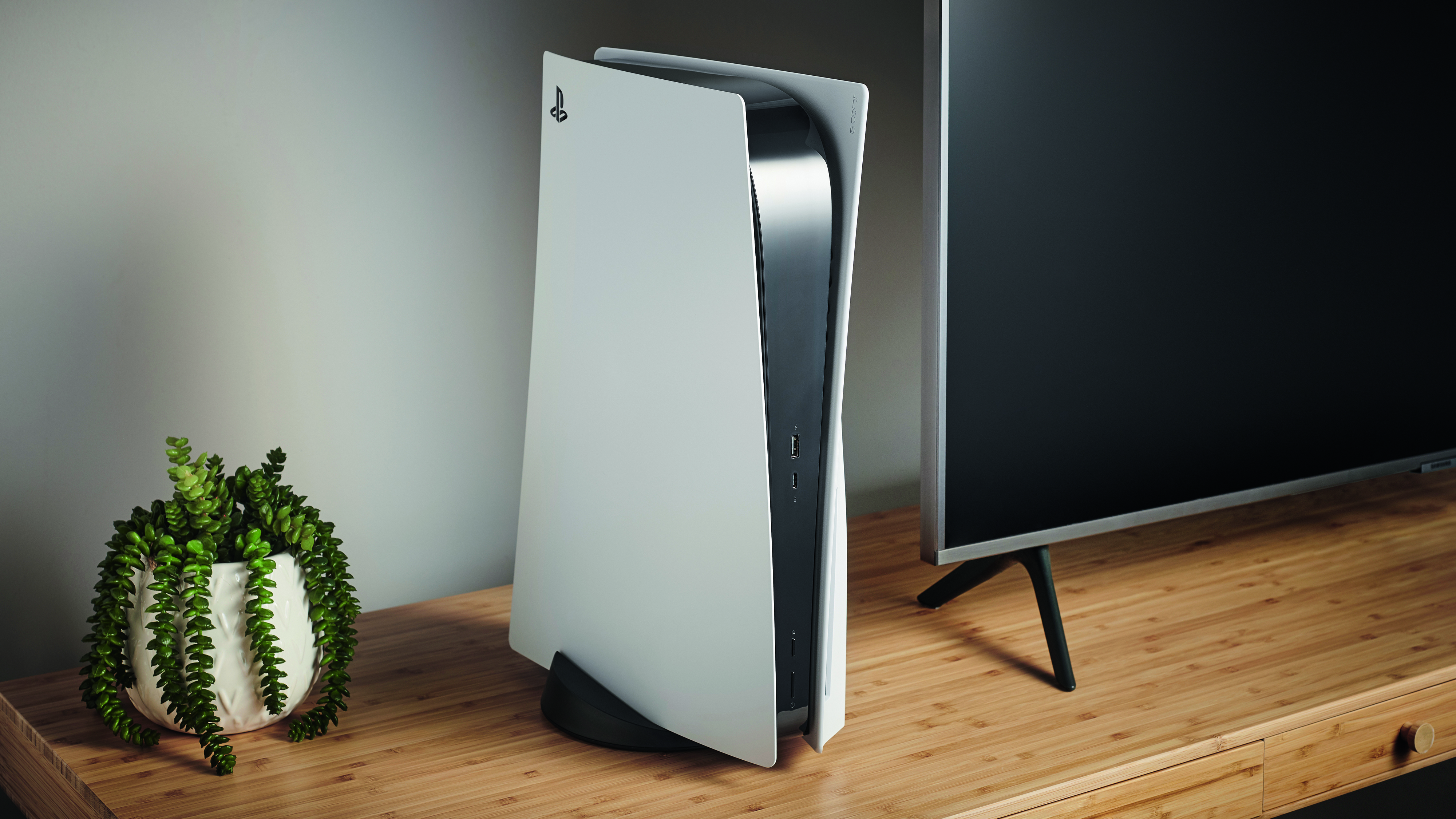 Is it worth getting a 8K TV for PS5, or should you stick with 4K instead?
Is it worth getting a 8K TV for PS5, or should you stick with 4K instead?Do you need the best 8K TVs to get the best from your next-generation PlayStation 5 console?
By Carrie Marshall
-
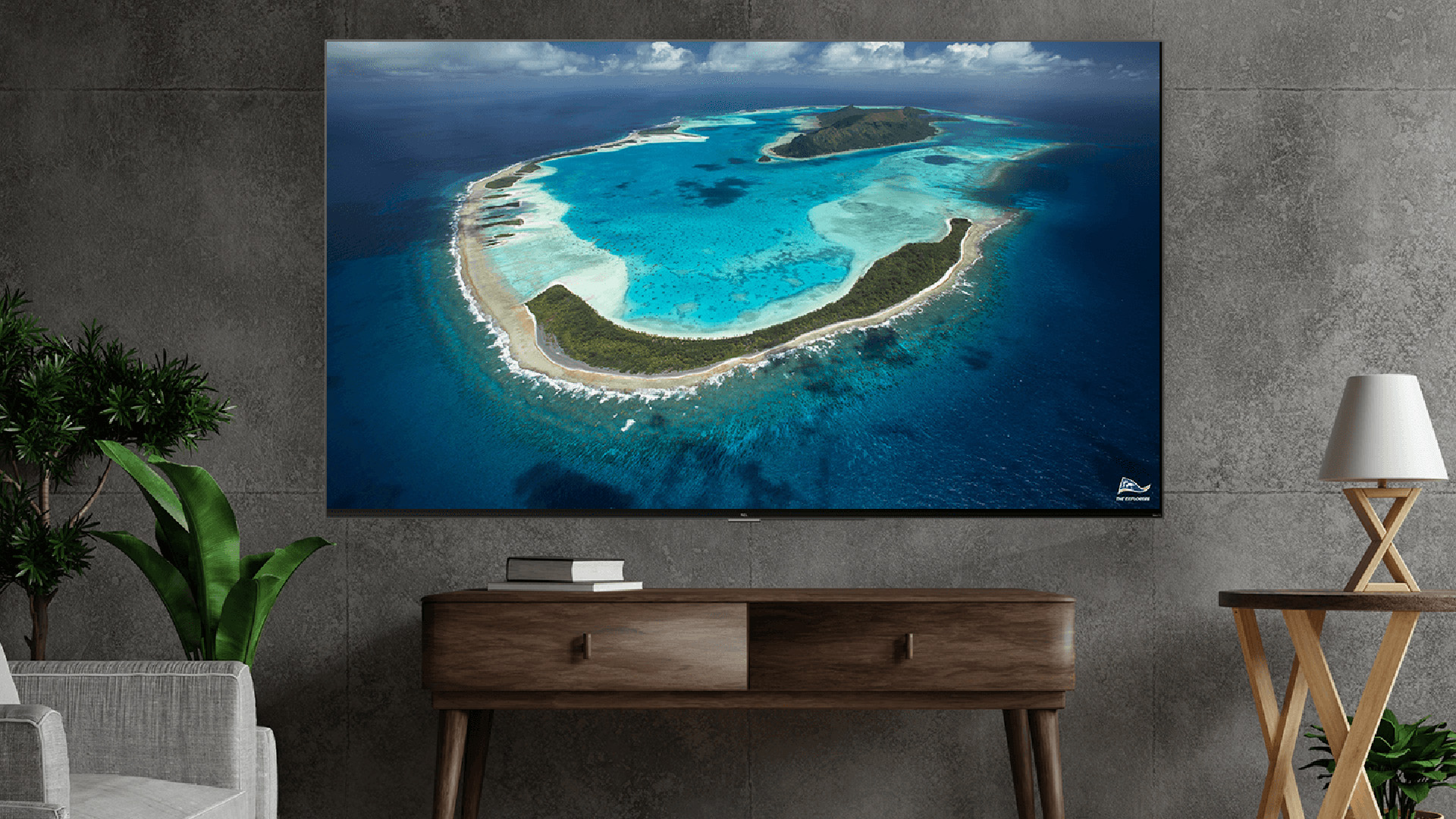 TCL 6-Series 8K 65-inch (65R648) review: the big picture
TCL 6-Series 8K 65-inch (65R648) review: the big pictureRight out of the gate, the TCL 6-series impresses, with its 8K images and upscaling
By John R. Quain
-
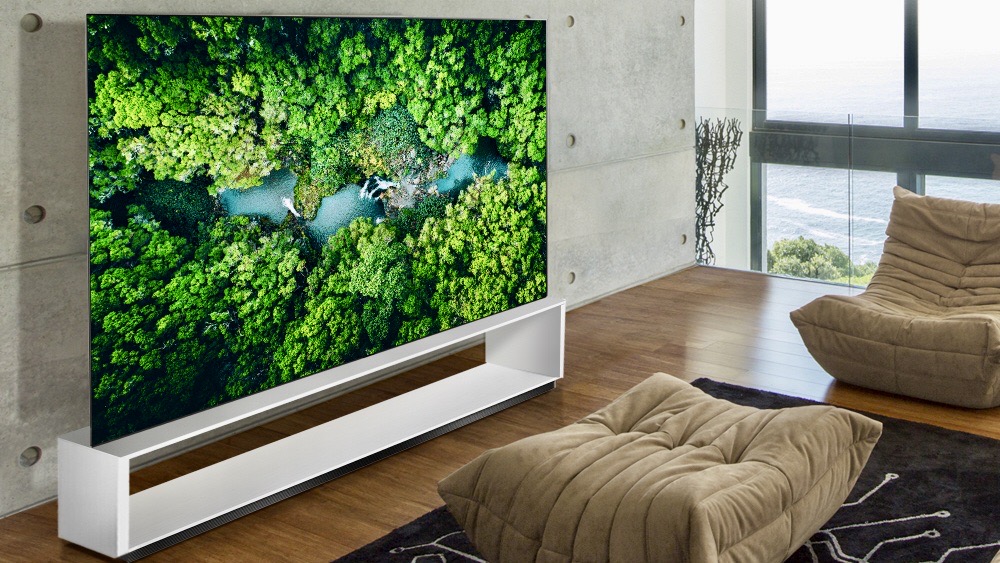 Should I buy an 8K TV?
Should I buy an 8K TV?We explore the pros and cons to buying an 8K TV over a 4K TV
By Max Slater-Robins
-
 Samsung The Frame (2021) review: this 4K QLED TV is a masterpiece
Samsung The Frame (2021) review: this 4K QLED TV is a masterpieceSamsung The Frame (2021) transforms your living room into an art gallery, all you have to do is switch it off
By Yasmine Crossland
-
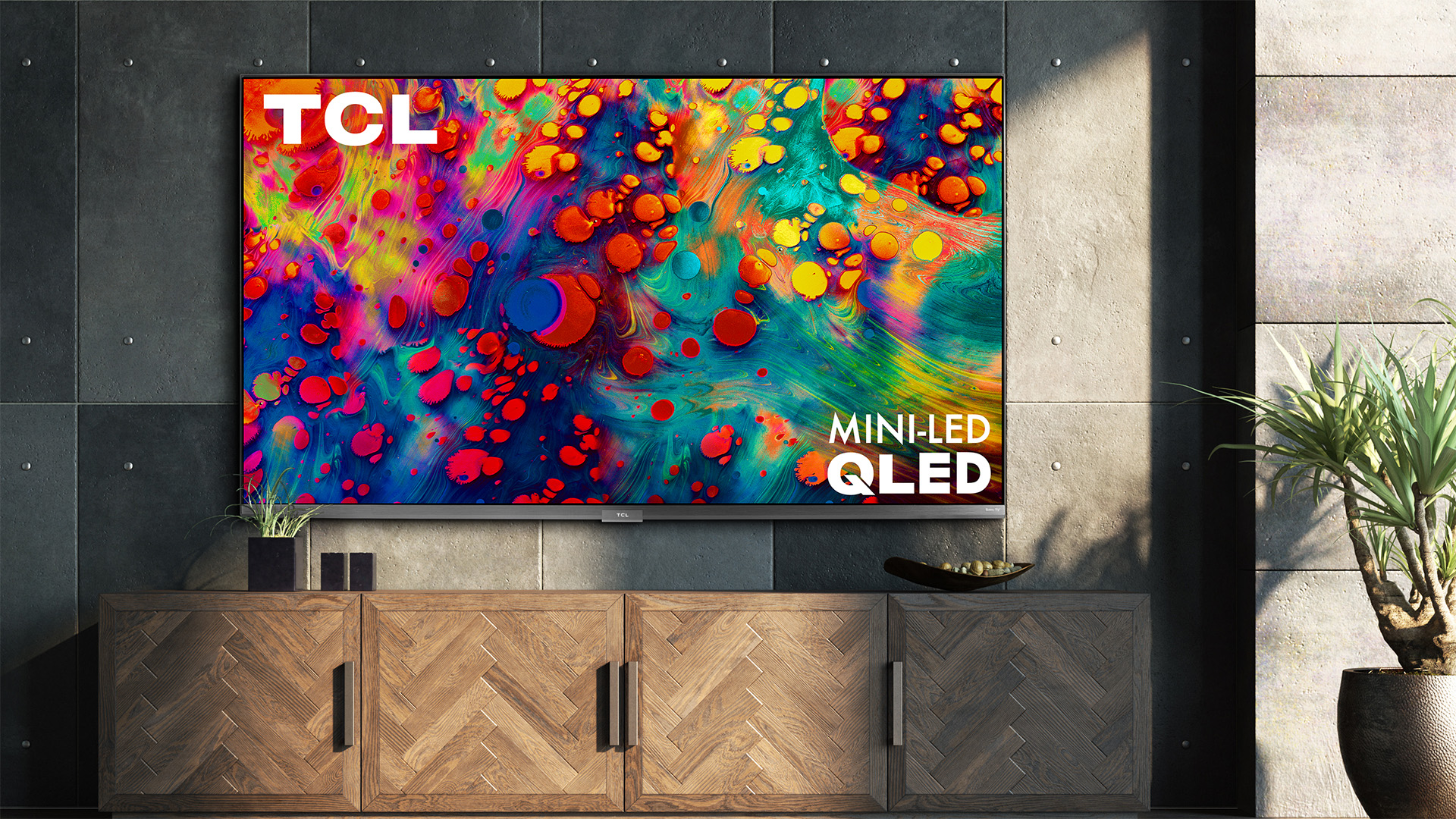 TCL 6-series 55R635 Roku TV (2020) review: a quality picture for cost-conscious buyers
TCL 6-series 55R635 Roku TV (2020) review: a quality picture for cost-conscious buyersAmid rising prices, the TCL 6-series Roku TV remains a solid 4K TV for a bargain price
By John R. Quain
-
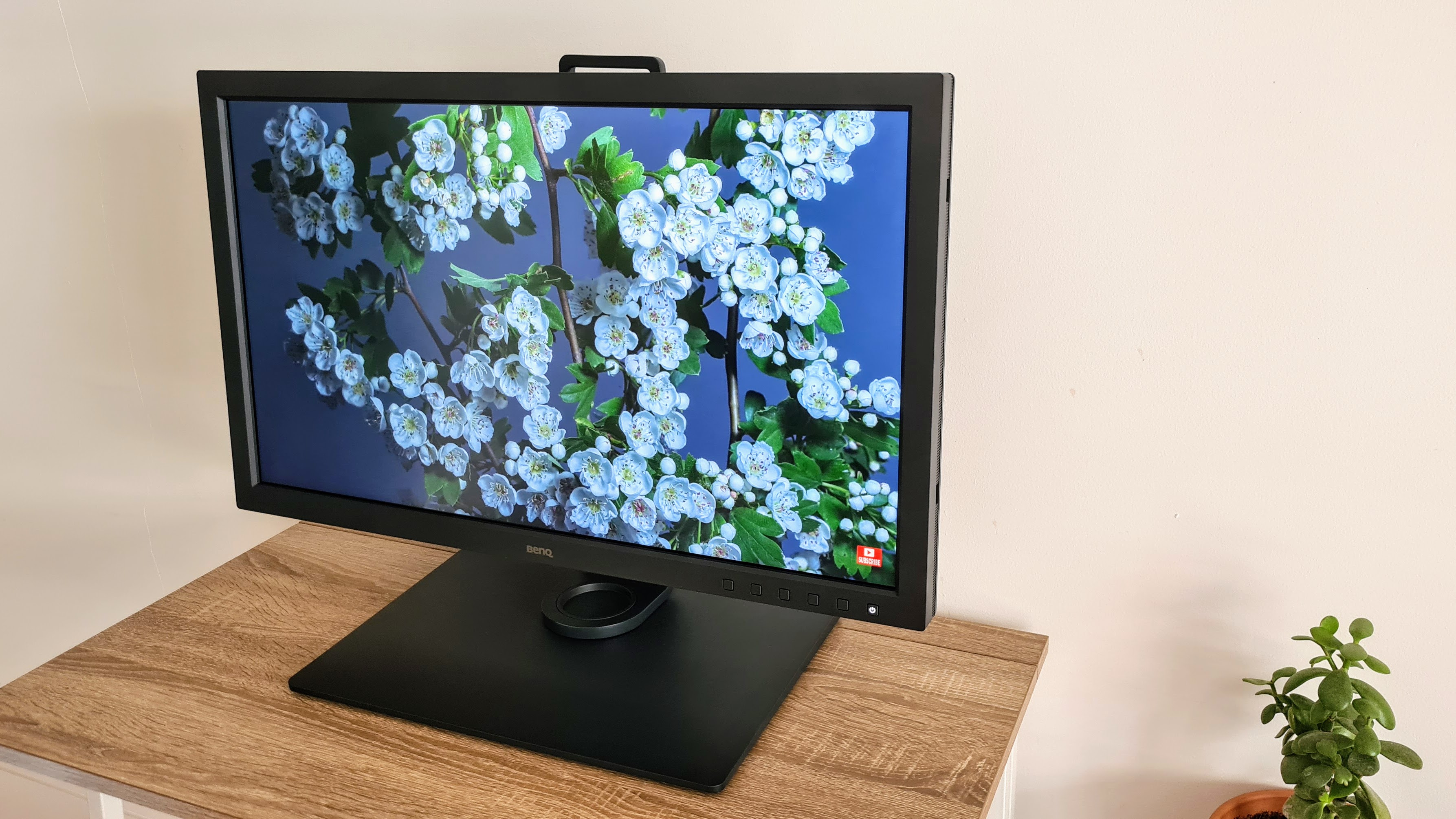 BenQ SW271C review: a delightful photo editing display
BenQ SW271C review: a delightful photo editing displayThe BenQ SW271C is a 27-inch monitor with remarkable colour reproduction
By Yasmine Crossland
-
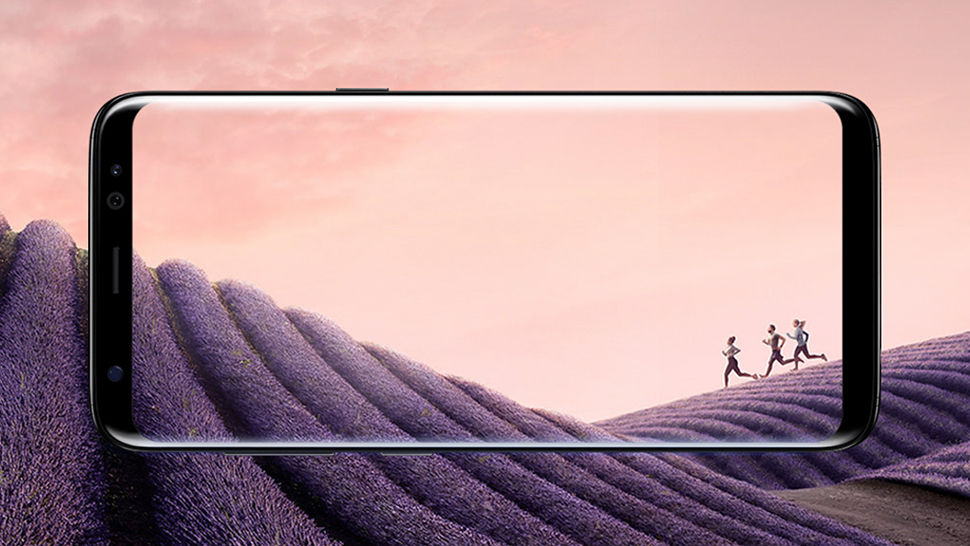 WQHD, QHD, 2K, 4K and UHD: what's the difference?
WQHD, QHD, 2K, 4K and UHD: what's the difference?Display resolutions made simple
By David Nield

